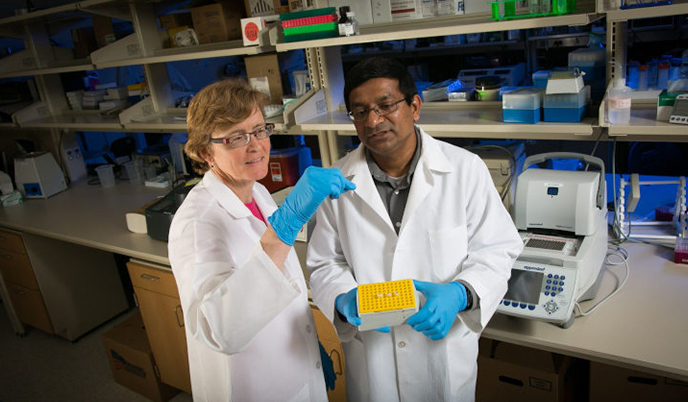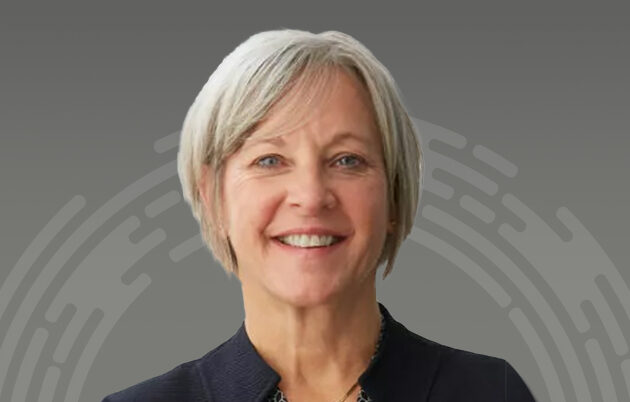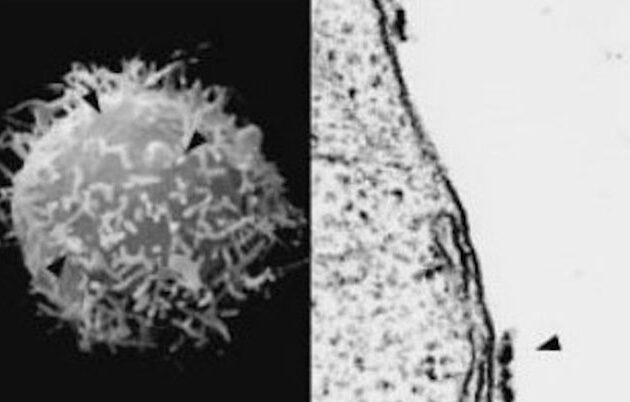In collaboration with others at UW, the University of Iowa and the University of Minnesota, the team will use machine learning models to investigate whether data from electronic health records, including demographics, clinical variables, social determinants of health and possibly imaging or genetic variants, can be used to identify early predictors of ovarian cancer.
“If this work can lead to a mammography equivalent for ovarian cancer, whether it is through imaging, molecular testing, or risk prediction and screening through electronic health records, it will make an incredible difference in outcomes for patients,” Ong said. “Sometimes symptoms can be as generic as pain, which can be misdiagnosed, and people who have ovarian cancer can get routed to GI physicians, delaying the right diagnosis.”
This was the case for Susan Skiles back in 2017. Skiles, who lives in Appleton, was experiencing back pain and a loss of appetite and was originally diagnosed with acid reflux. When she finally pushed for additional testing, she was diagnosed with stage 3 ovarian cancer. She was shocked.
“I had absolutely no idea,” she said. “I had no family history of cancer, and I got tested and didn’t have the genetic mutations associated with higher risk for cancer.”
BRCA1 or BRCA2 genetic mutations are another risk factor for ovarian cancer, according to Hartenbach, along with not giving birth or having fertility issues, having endometriosis and being middle-aged or older.
Skiles had surgery to remove her ovaries as well as parts of her large intestine and colon. While the surgery went well, Skiles wanted to seek the next phase of her treatment elsewhere.
Skiles’ mother-in-law, Mary Sabel, advised them to go to UW Carbone. Sabel had been treated for breast cancer decades earlier by Dr. Paul Carbone, the center’s namesake.
“I think her exact words were, “I don’t know why you two just didn’t go there to begin with,'” Skiles said. Sabel passed away in 2019.
Skiles traveled to UW Carbone and began care with Hartenbach. Skiles received chemotherapy after her surgery in 2018 and was in remission for more than two years. In 2020, cancer reemerged in her lymphatic system, but Hartenbach was ready to provide another round of chemotherapy.
Skiles is now in remission again, and on what is called maintenance therapy, which in this case is a daily medication she takes that blocks the body from being able to repair cancer cell DNA, Hartenbach said
Hartenbach is happy with Skiles’s response to treatment, but Ong hopes fewer people will experience a stage 3 ovarian cancer diagnosis in the future, Ong said.
“We have years of hard work ahead of us,” she said. “But we’re hopeful that new analysis techniques and tools will pave the way for earlier detection and ultimately better outcomes.”
September is Gynecologic Oncology Awareness Month.


